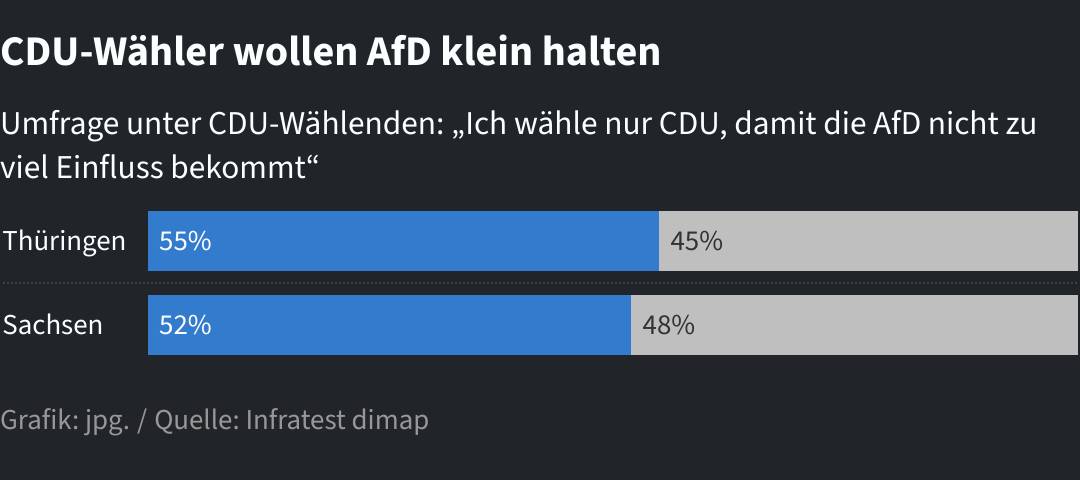That's indeed tinfoil-hattery. These companies care about quarterly profits and they extrapolate the future from the past (where nothing bad ever happened to them). They may find another business model eventually but they'll make it up on the go.
They're gonna have a hard time pinning him in an album.
Don't worry about the lack of a 95% reduction, the incoming federal admin will do its utmost to deregulate anyway. Real GOOD people, the best 👍👍👍
Oh, not just Russians, anyone with "Russian blood". This is probably the clearest case of racism I've seen on this site.
You're right in that the whole drill-baby-drill thing is utter self-destruction which may still work passably over the course of the next four years but not beyond. The IRA right now is solid industrial policy and I wish us Europeans were competing. (Wild guess though, the repeal of the IRA will go much like the repeal of the ACA last time around.)
However, my point is that China is in a phase where it's doing more with more, and its motivation is such that that will stay that way. The only reason Chinese emissions are stagnating right now is that their economy is faltering. At this point, the Jevons paradox is simply eating their renewable power/electric car/... gains. Granted, that is preferable to them continuing to buy ever more fossil-fueled cars.
The motivation for producing this technology will, to a degree, determine the outcome: Solar panels off Temu, delivered to your doorstep using a fossil-fueled plane are a thing that exists.
What happens when the importing blocs (US and EU) rethink their climate policy (because right-wing morons think that's a good idea)? Chinese products will adapt quickly.
Chinese policy doesn't give a shit about climate change. In fact, Xi is banking on a Northern passageway to Europe permanently unthawing to avoid the partly US-controlled South China Sea.
Xi cares about staying in power until he drops in the 2030s, for that he neess to keep the country stable and the people quiet. So what he really wants is industrial power and rising welfare. He's found that one of the best ways to gain an edge that is to spur useful innovation that wealthier nations will want to adopt.
What this means is that we'll see a lot of climate-friendly technology coming out of China, but the country may not care much about cleaning up its footprint.
English-language media reports on this too: The Hague will become first city to ban fossil fuel ads by law
In my entire life, I've never had the urge to Wumf anything, especially not with a military-style half-automatic club.
Doomerism is fun and all but what's the end game? Just making everything worse than it has to be?
You would, if you don't give a shit, yes.
But if you're actually fighting for a green transition, this is definitely not what you buy. Especially if you have the kind of money available to you that she has. Putting your money where your mouth is incredibly important. I don't even know why I am repeating this — the article put it quite succinctly.
Surely, if you're the Green party leader, you would simply not invest in that particular index fund, and probably would not invest at Vanguard either. When people say you should "divest from fossil fuels", it obviously also means taking your money out of these index funds.



Conceivably, flexible production from gas could be used for the transition. I suppose, the people who started this idea, started out from the point that "flexible production using fossil gas (among other things) could help the transition" whereas the executives they talked to understood "gas is the transition".